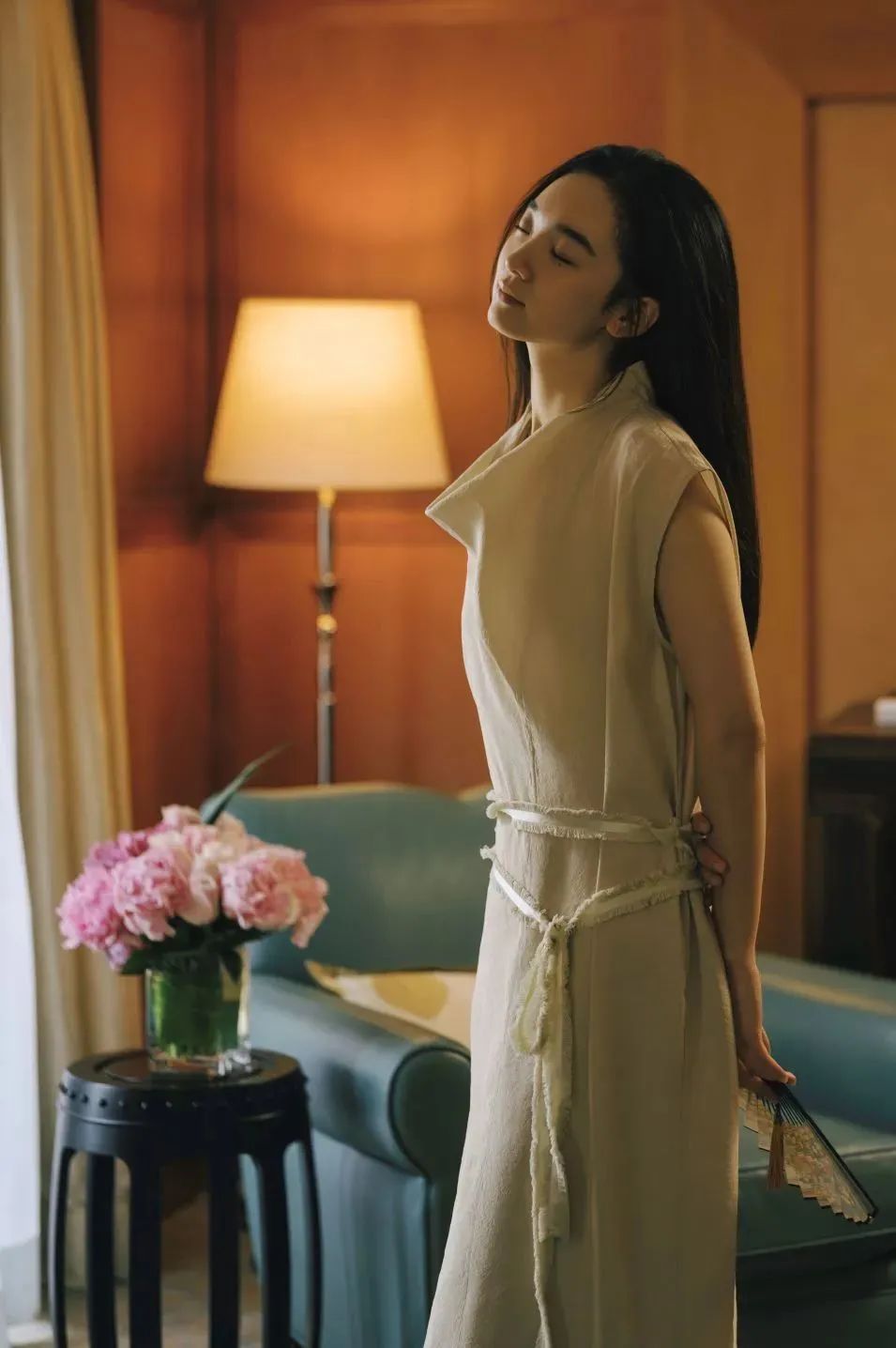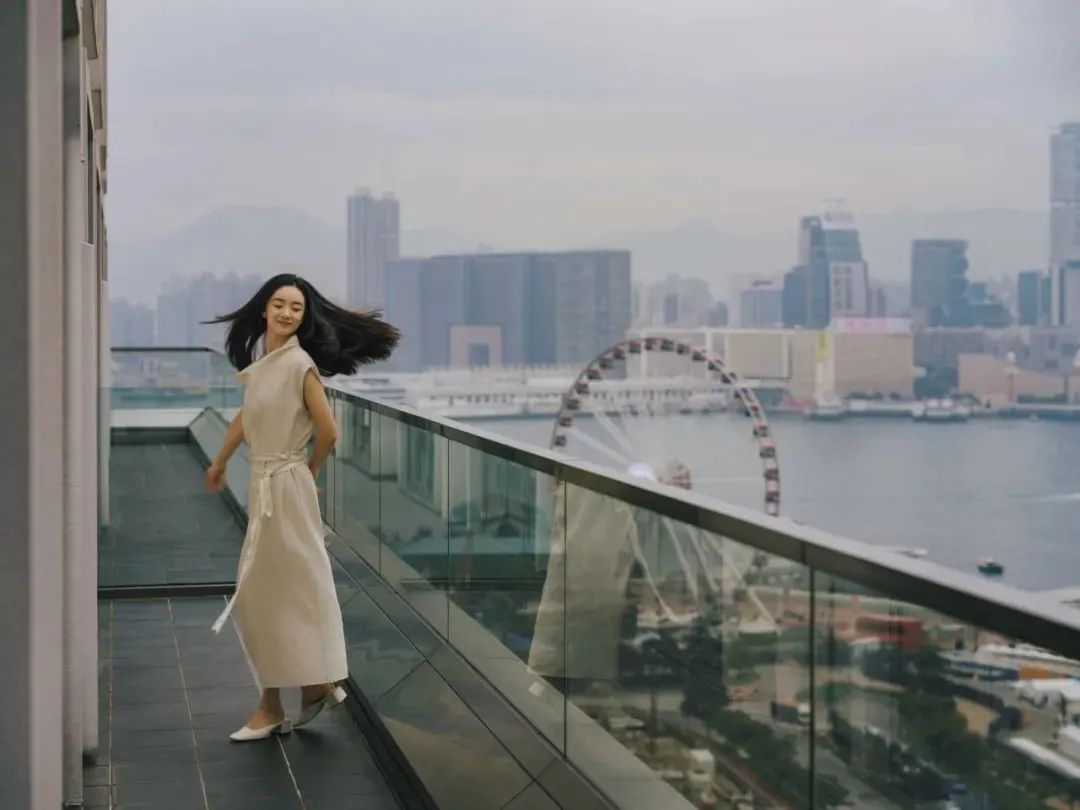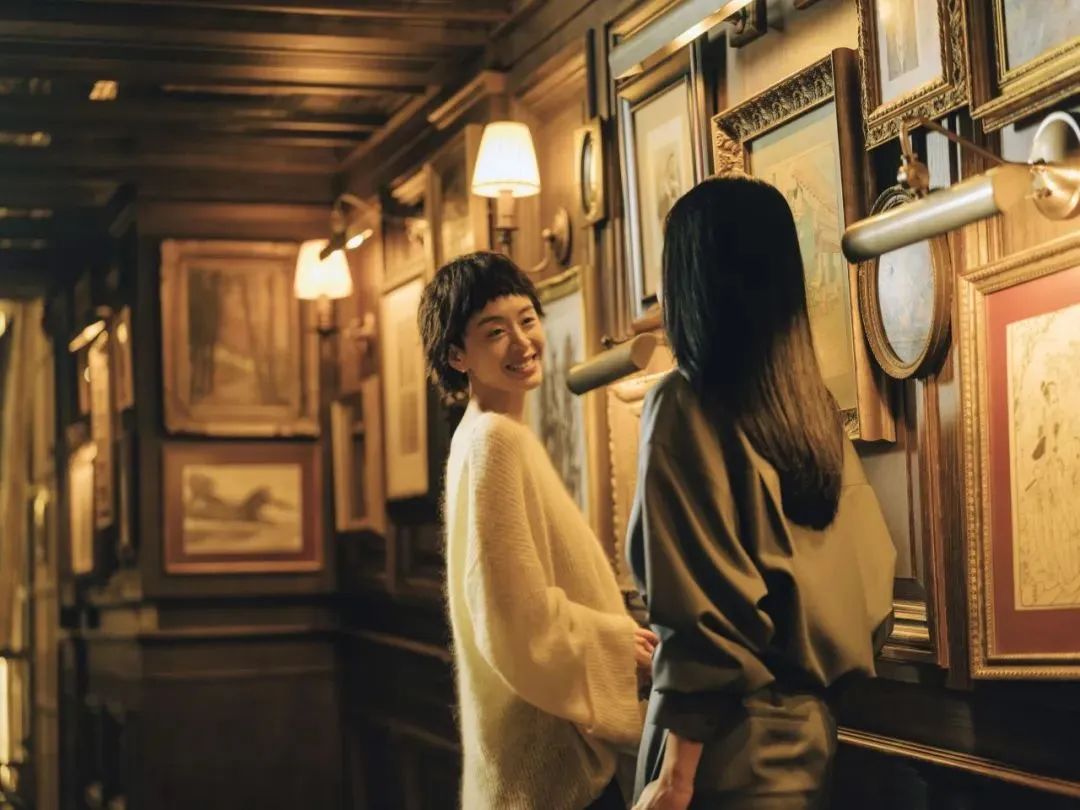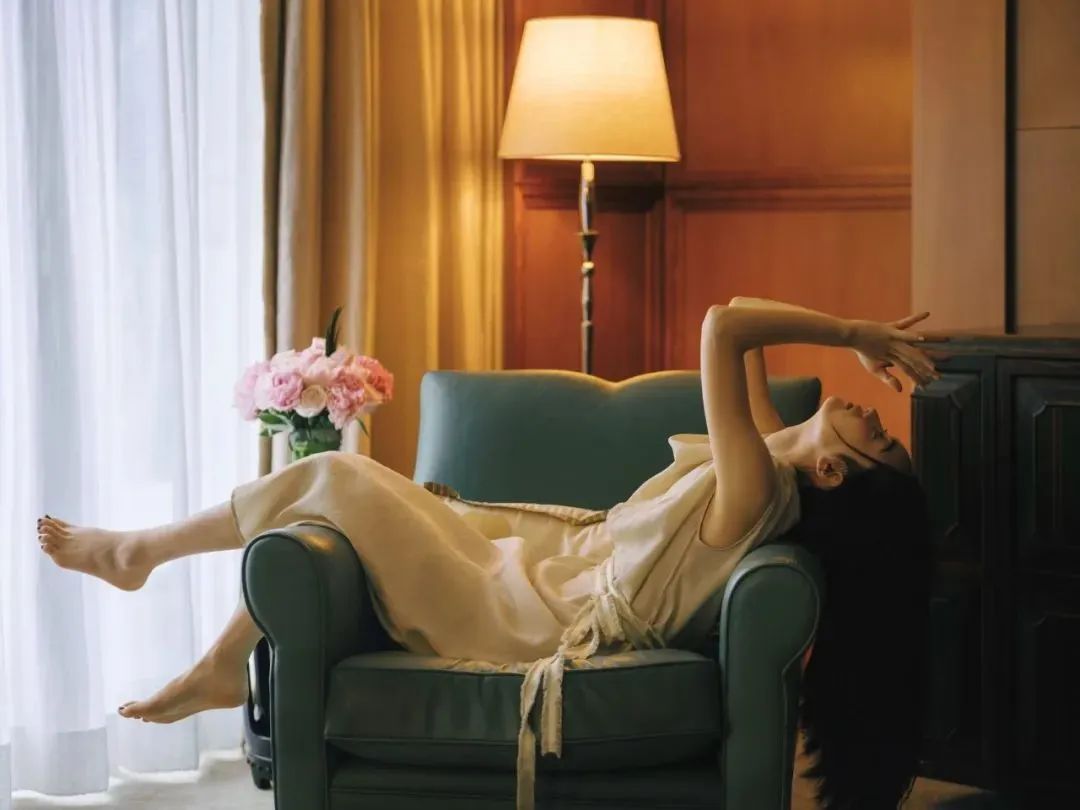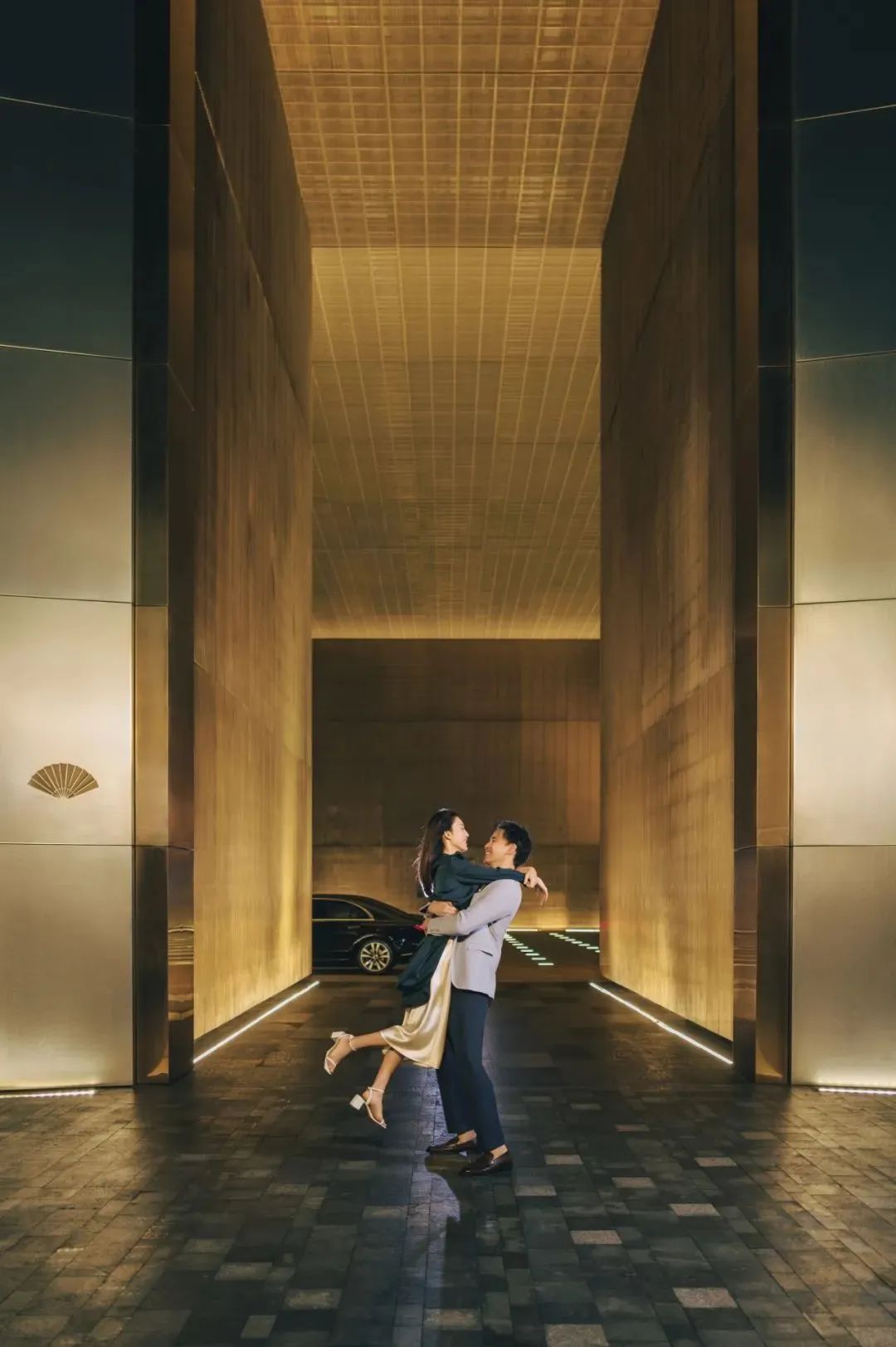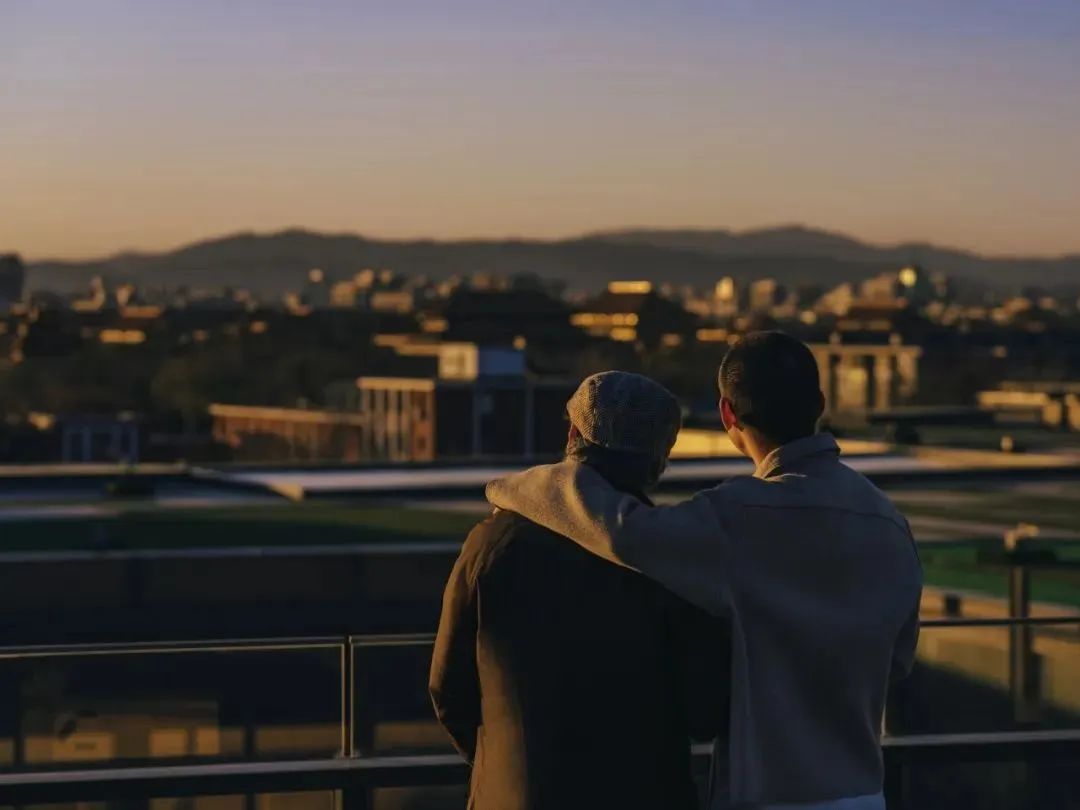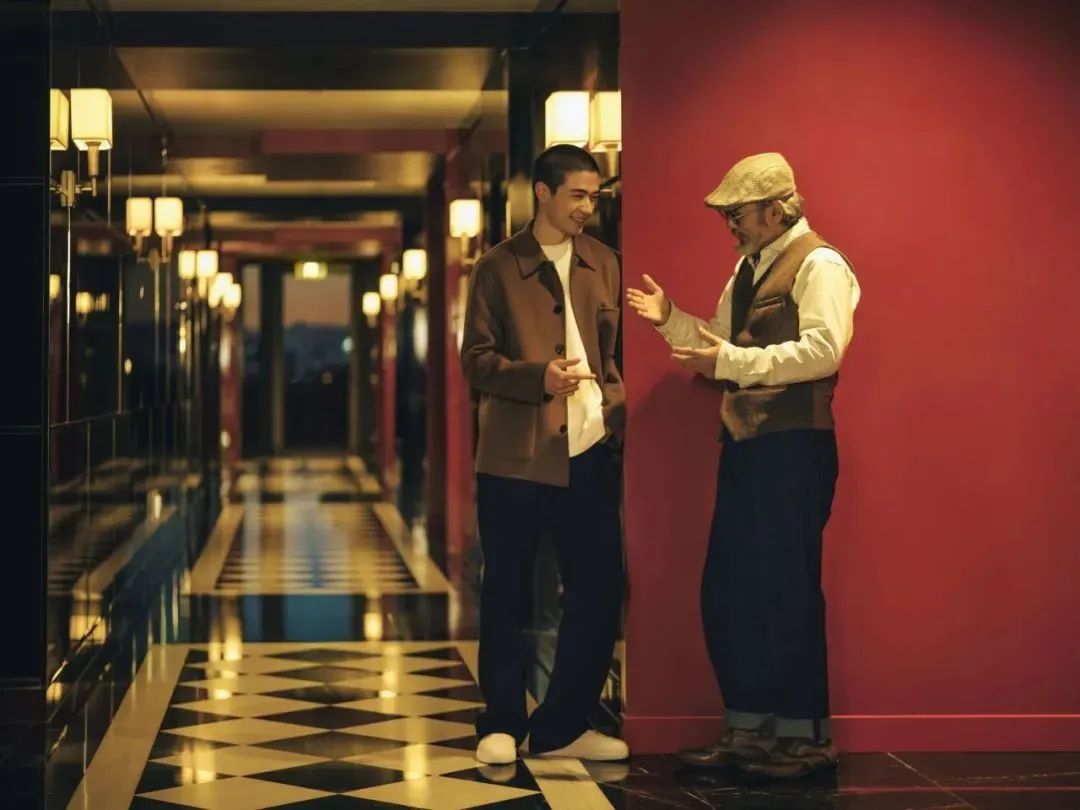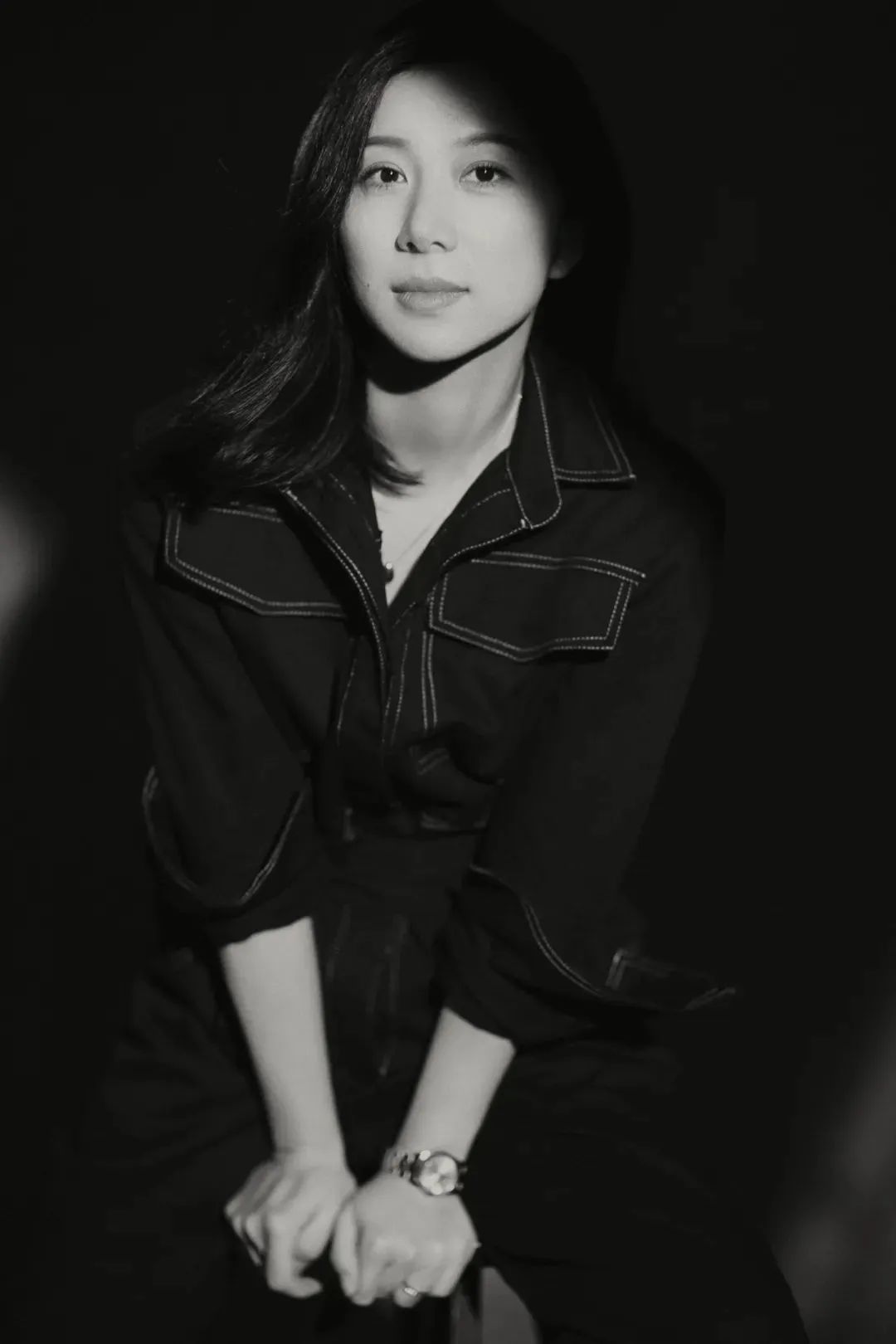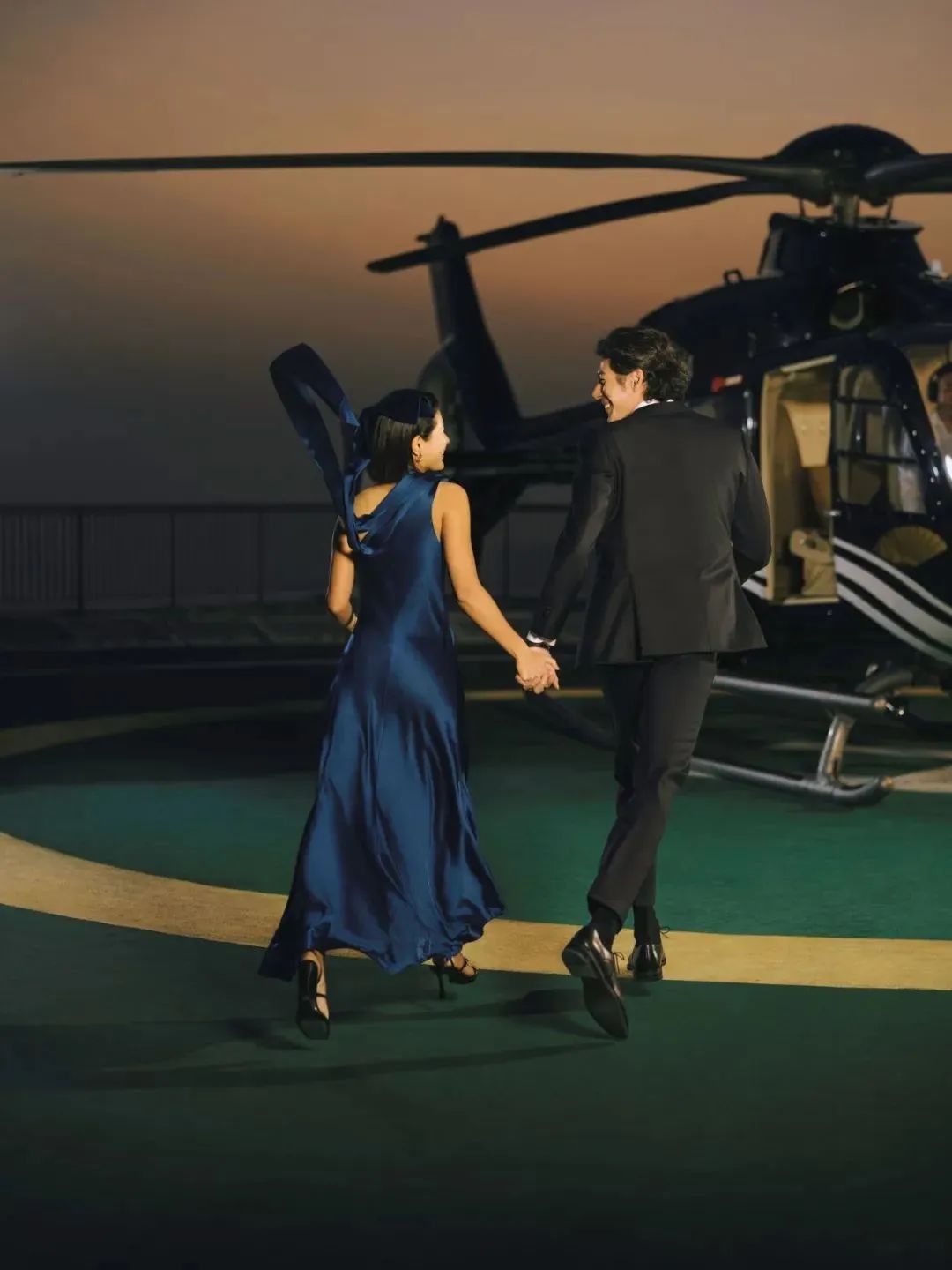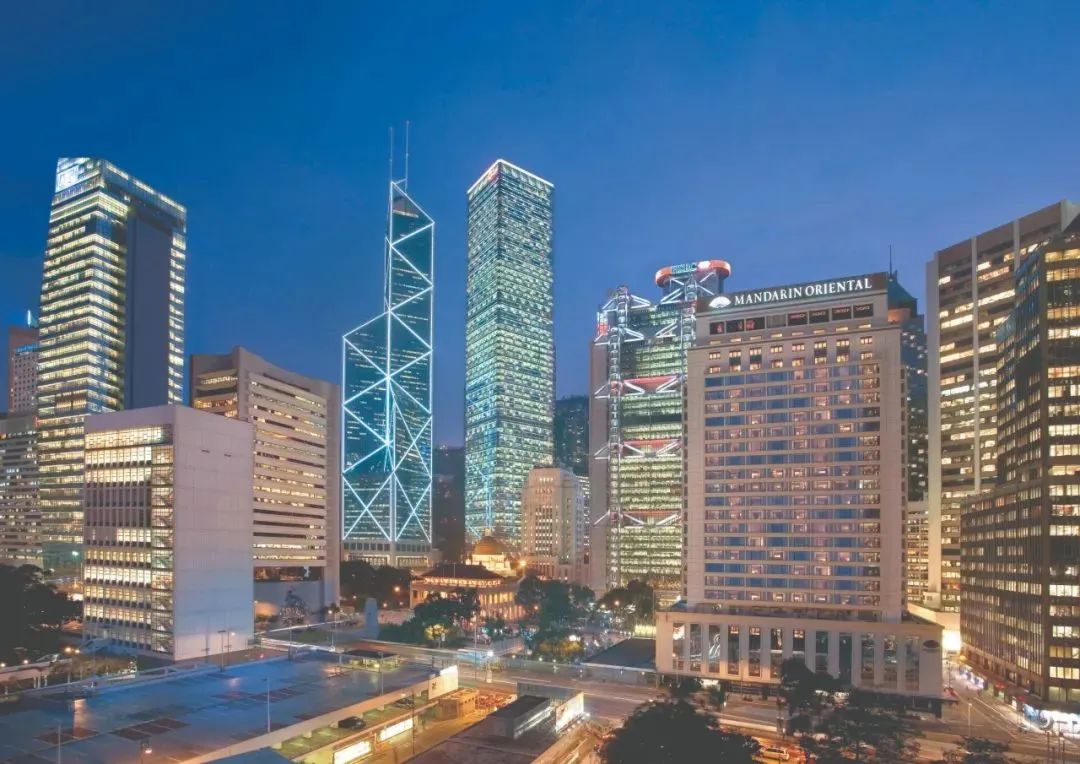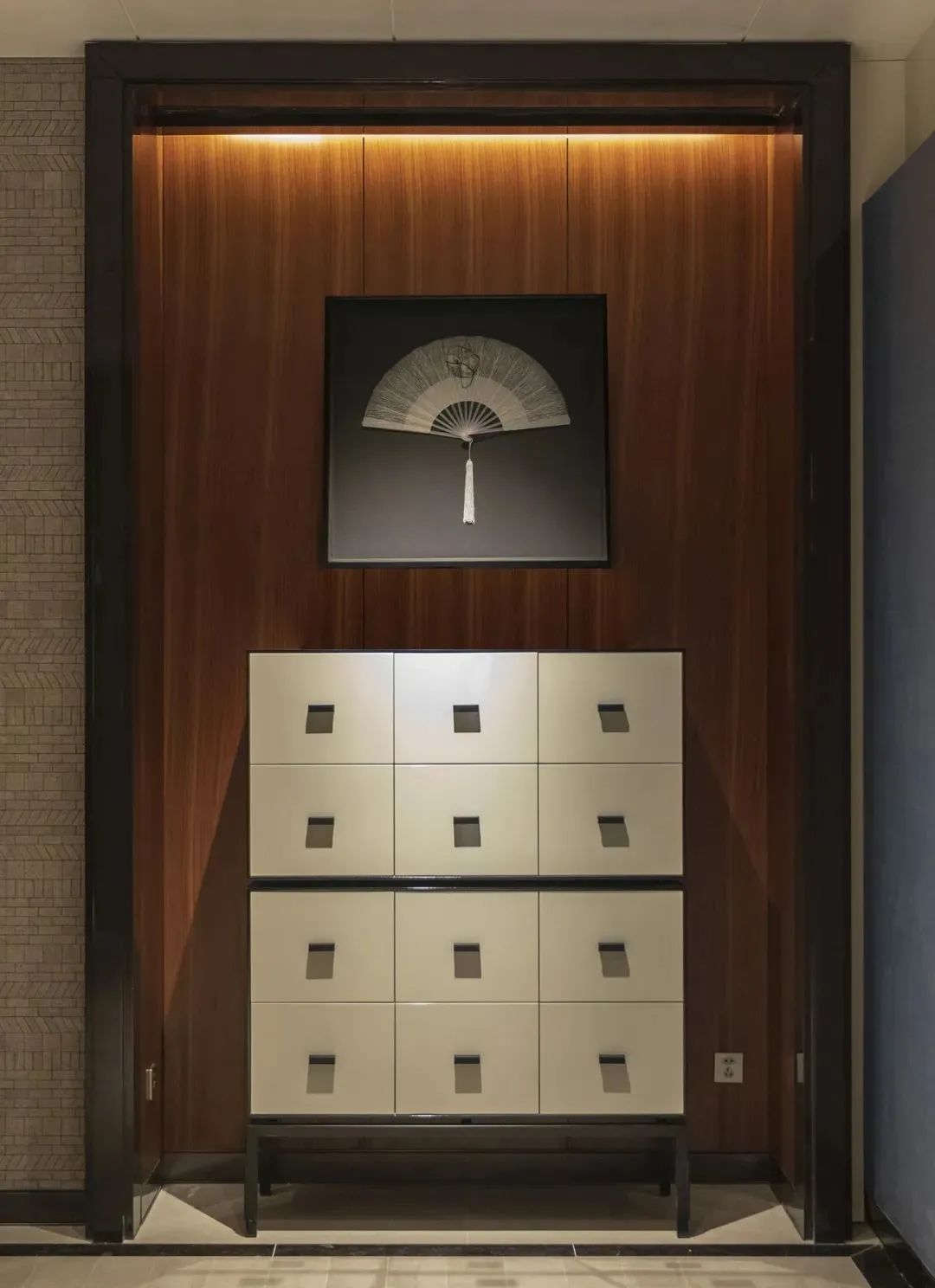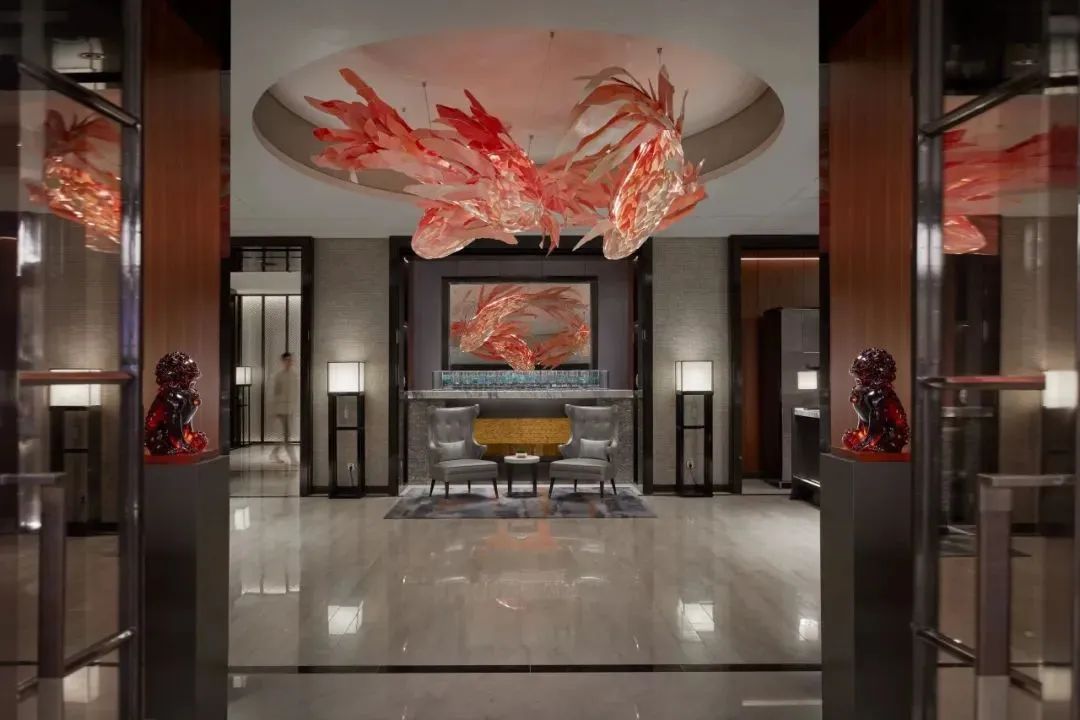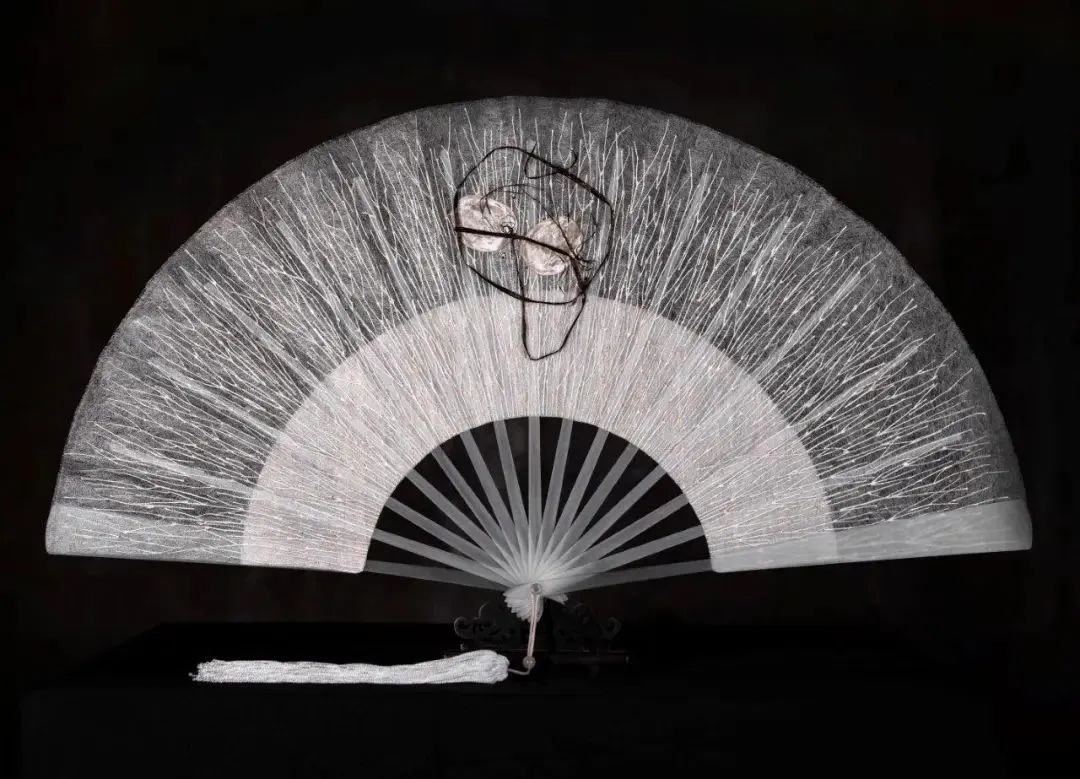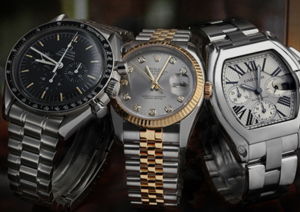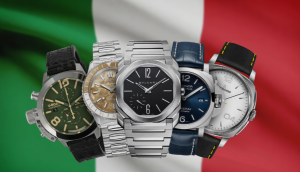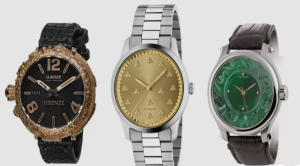With the advent of the Lunar New year, Mandarin Oriental Hotel Group released a brand short film called “the direction of the Heart”, which tells the story of returning to the true self, embracing loved ones and enjoying the unforgettable moments of the moment. In the recent numerous marketing boom in the year of the dragon, this video shows a kind of “quiet power”, which skillfully fits the new interpretation of luxury connotation in the current society.
Source: Mandarin Oriental Hotel Group
Trends such as “quiet luxury” and “intellectual style”, which have been popular since last year, reveal people's yearning for new luxury in the post-epidemic era, that is, luxury does not mean the publicity of wealth, but should be consistent material and spiritual abundance inside and outside. Major brands have also shifted their narrative logic from depicting extravagant “dream-making” scenes to those precious moments in life that resonate emotionally.
In fact, this concept of putting humanities above products and services has always been rooted in the brand spirit of Mandarin Oriental Hotel. As a global leader in the luxury hotel industry, Mandarin Oriental creates a home-away-from-home service experience with subtle insights into customer needs. And was born in Asia also for its brand expression into the Oriental aesthetic unique implicit.
Industry prospect
Source: Mandarin Oriental Hotel Group
After the outbreak, the global tourism market ushered in a strong rebound, travel has become one of the preferred ways of leisure vacation. The luxury tourism industry is also facing new challenges brought about by market changes in the dynamic recovery.
On the one hand, competition among hotel brands has intensified. According to the “2023 Global Luxury Hotel Development” report (hereinafter referred to as the report) released by Jones Lang LaSalle, the proportion of luxury hotels in the global hotel supply has been increasing in the past 40 years, and it is expected to increase further in the next ten years. growth.
The report also points out that the global high net worth and ultra high net worth groups continue to grow and show a younger trend. As travel becomes the daily routine of a new generation of consumers, hotel choice becomes part of their lifestyle and self-expression. Therefore, in addition to building first-class service facilities, hotel brands need to strengthen the connection with consumers from the level of emotional communication and personalized experience.
Source: Mandarin Oriental Hotel Group
It is not difficult to understand why Mandarin Oriental Hotel Group will choose to cooperate with young director Zou Jing. In January this year, the two sides launched a brand-new brand film, with the theme of “the heart's direction”, exploring the core of people and themselves and their intimate relationship during the journey, and showing the most real yearning of people in busy cities.
Talking about the understanding of the theme, Zou Jing said in an exclusive interview with VOGUE Bueisnss: “the direction of the heart is a diversified theme, which can be a kind of inner yearning, an emotional connection or a destination, a person, a thing, and a self consistent attitude and state of life.”
Source: Mandarin Oriental Hotel Group
As for the content expression, she believes that the purer it is, the more moving it is: “I always feel that what touches the heart is the most everyday scenes and details, and we use the ‘hugges' of different characters throughout the film. The hug can be the emotional intersection of him and her, her and him and it, or the traveler's embrace of life itself, a power to find himself.”
Source: Mandarin Oriental Hotel Group
One and a half minutes of the film captures the unforgettable moments of different travelers through group images: the joy of lovers embracing each other and running hand in hand to the distance. Running and frolicking on the coast with pets, free and comfortable; Friends meet again after a long time and laugh freely. In the glass of wine, talk with relatives and talk about life. Or enjoy the morning pleasant moment of solitude, and the journey becomes a clue to connect these delicate emotions.
01 Join hands with domestic young directors to tell the New Year journey of “What the heart wants”
Source: Mandarin Oriental Hotel Group
The choice of scenes is not limited to hotels. The red walls of ancient buildings and yellowing ginkgo biloba, from the colorful city lights to the beach at sunrise, the changes of colors and light and shadow everywhere reflect the oriental aesthetics of the Mandarin Oriental brand. In the 1960 s when luxury hotels were dominated by the West, Mandarin Oriental was born as well as its name. The hotel integrated oriental aesthetics into Western-style design to form a unique style mark.
Source: Mandarin Oriental Hotel Group
It is worth noting that the logo of Mandarin Oriental only appears at the beginning of the film reflected through the window and at the end of the film. The hotel wants to highlight the core idea of “accompanying each other all the time on the journey and reaching the distance together. And the whole micro-film puts the emotional experience of the audience in the first place, removes the redundant narration and language, and makes the brand power of “silent is better than sound” hidden in the storyline.
For a long time, the Spring Festival marketing habit has shown a festive atmosphere with prosperous colors and lively scenery. Mandarin Oriental's short film has creatively avoided the traditional New Year model and encouraged people to bravely pursue “the direction of their hearts” with the implication of “New Year's Journey”. This kind of narrative way of depicting ordinary things to realize “seeing the big from the small” stems from Zou Jing's accurate grasp of the lens language.
“Different people on the road come together because of emotional connections, so I conceive films driven by emotions and emotions. In addition to advertising, I usually create short films and prepare my first feature film,” said Zou Jing. As a new director born in the 1980 s, she won the best short film award of Cannes International Film Festival Critics Week for her female film “Dolly”. Her works also gave commercial micro-films more romantic and delicate literary expressions.
Image source: zoujingfilms.com
The creation process of this film makes Zou Jing feel free and happy. In her opinion, the boundaries between more and more commercial short films and films in style, aesthetics and narrative are beginning to blur. Brands like Mandarin Oriental that are willing to fully respect creators and give them room to play can often create more personal and distinctive masterpieces with creators.
The inspiration collision between the two also provides a new communication perspective for the luxury hotel industry. In recent years, the “Quiet Luxury Quiet Luxury Style” emerging from the fashion industry is gradually affecting all aspects of food, clothing, housing and transportation. Behind the market's pursuit of “low-key luxury”, the new generation of consumers are paying more and more attention to spiritual prosperity.
The same is true of the hotel industry. Luxury travel was equated with the purchase of expensive products and service experiences in the past, but at a time when material life is extremely abundant, people pay more attention to the process of broadening their horizons and understanding the world during the journey. “Life itself is a journey, and the hotel is not only a stop, a platform, but also a field of emotional connection,” Zou Jing explained.
Source: Mandarin Oriental Hotel Group
In the luxury hotel industry with many western brands, Mandarin Oriental Hotel Group (Mandarin Oriental Hotel Group), which is low-key and elegant with unique oriental characteristics, has become an unrepeatable existence.
In September 1963, the Mandarin Oriental Hotel was inaugurated in Central, Hong Kong, making it the tallest building on the island at the time. According to the South China Morning Post, the emergence of Mandarin Oriental has redefined the standard of luxury accommodation. The hotel not only has a “space elevator” that takes guests to the top floor of the building in 21 seconds, but also is the first hotel in Asia to equip each room with a separate room.
Source: Mandarin Oriental Hotel Group
After more than 60 years of development, the Oriental Mandarin Hotel Group currently operates 38 hotels and 11 hotel-managed residential projects in 25 countries and regions around the world, each of which reflects the group's integration of oriental traditions and local characteristics. Creative ingenuity.
The fan-shaped Logo created by Pentagram is the representative brand identity of Mandarin Oriental. From a cultural point of view, folding fans are quite literary in the East and are loved by literati and writers. In the West, they are often hand-held decorations of aristocrats. Although the design and form of Chinese and Western fans are different, they all contain etiquette and elegance.
Source: Mandarin Oriental Hotel Group
Mandarin Oriental has also innovated this cultural aesthetic of Chinese and Western integration, creating a new tradition: every newly opened hotel will customize a “town fan”, which is either an antique fan auctioned by an art institution or a tailor-made creative fan. The creativity of folding fans and the space design according to local conditions represent the cultural characteristics and personality of the hotel.
For example, Beijing Wangfujing Mandarin Oriental Hotel is adjacent to the Forbidden City. The well in the hotel lobby and the vortex carpet running through the hotel are inspired by the sweet well in Wangfujing district and the color of Chinese glazed ceramic Longquan celadon. The square and solid four-poster bed in the guest room also shows the solemn charm of the ancient mansion, and many of the rooms can directly see landmarks such as the Forbidden City. In order to fit the overall elegant design style, Ye Jintian, the artistic director of the movie Crouching Tiger, Hidden Dragon, created a custom fan for the hotel, embedding dry leaves and hay into the fan surface to create a subtle classical texture.
Source: Mandarin Oriental Hotel Group
At the opening of the Mandarin Oriental Hotel in Guangzhou, famous fashion designer Vivienne Tam Tan Yuyan was invited to personally design folding fans for her hometown. She is also one of the celebrity fans of the hotel. Tam uses bright and bold color matching. The fan is made of Chinese facial makeup, geometry and flowers, reflecting the characteristics of Guangzhou's “Flower City. Space landscaping is also everywhere to highlight the mandarin oriental “downtown seclusion” of the ingenuity, its green forest surrounded by some hidden entrance, you can see by the famous sculptor Shi Jinsong creation of the work “spirit 」. This lifelike pine tree is made of environmentally friendly wood and metal clips, and is full of Chinese painting against a dark background wall.
02 Iconic aesthetic system and celebrity community to create an “Oriental legend” in the hotel industry
Source: Mandarin Oriental Hotel Group
Every Mandarin Oriental hotel is a retreat from the world, combining luxury with oriental elegance. If the unique space aesthetics and service facilities are the cornerstone of Mandarin Oriental Group based on the luxury hotel industry, then the fan community composed of celebrities as the core constitutes its most important “soft power”. “ImAFan” is a pun, which not only represents the hotel's iconic “folding fan”, but also means “celebrity fans” from all walks of life. “We Are Fans” means the close connection between the hotel and its residents. The hotel's folding fans are only used as gifts for limited check-in. Collecting different folding fans has also become the exclusive “clock-in” fun for fans of Mandarin Oriental Hotel.
Mandarin Oriental Hotel's celebrity fan lineup includes Liu Yuling, Yang Ziqiong, Zhang Manyu, Deng Yongqiang, Sir Peter Blake, Jane Seymour, etc., covering different industries such as architecture, fashion, film and television, and art. It is reported that the cooperation between many celebrities and Mandarin Oriental is not a traditional endorsement relationship, but tends to be “close friends”. They often appear at hotel events to share their views on travel with the public.
Source: Mandarin Oriental Hotel Group
In addition, Mandarin Oriental will also provide different personalized services based on local characteristics to create unforgettable travel memories for travelers. Taking Barcelona, Spain as an example, Mandarin Oriental Hotel has set up different types of projects from flight diving, local food cooking, health recuperation to art opera appreciation, so that guests can immerse themselves in the local life and culture. At the same time, there are specially customized hiking tours for families, as well as environmental protection cycling activities for hotel guests to get to know each other.
Source: Mandarin Oriental Hotel Group
These characteristic projects do not blindly highlight the luxury experience. On the contrary, Mandarin Oriental pays more attention to the interaction and connection between people, so that the function of the hotel is not only the residence, but also the community and home where fans can relax during the journey. Located in one of Beijing's oldest alleys, Mandarin Oriental Beijing's spacious and luxurious landscaped courtyard rooms immerse guests in the charm of traditional Beijing life.
Source: Mandarin Oriental Hotel Group
It can be seen that after more than half a century, Mandarin Oriental Hotel still has a luxurious “old money” style, whether it is the ultimate pursuit of quality service experience or the fan-shaped aesthetics with brand recognition. However, in the face of market changes, we can be open and inclusive. Inheriting the style of low-key luxury, Mandarin Oriental is also reconstructing the definition of luxury travel, incorporating a younger and more diverse perspective into its brand connotation.
(Source: Vogue Business)


